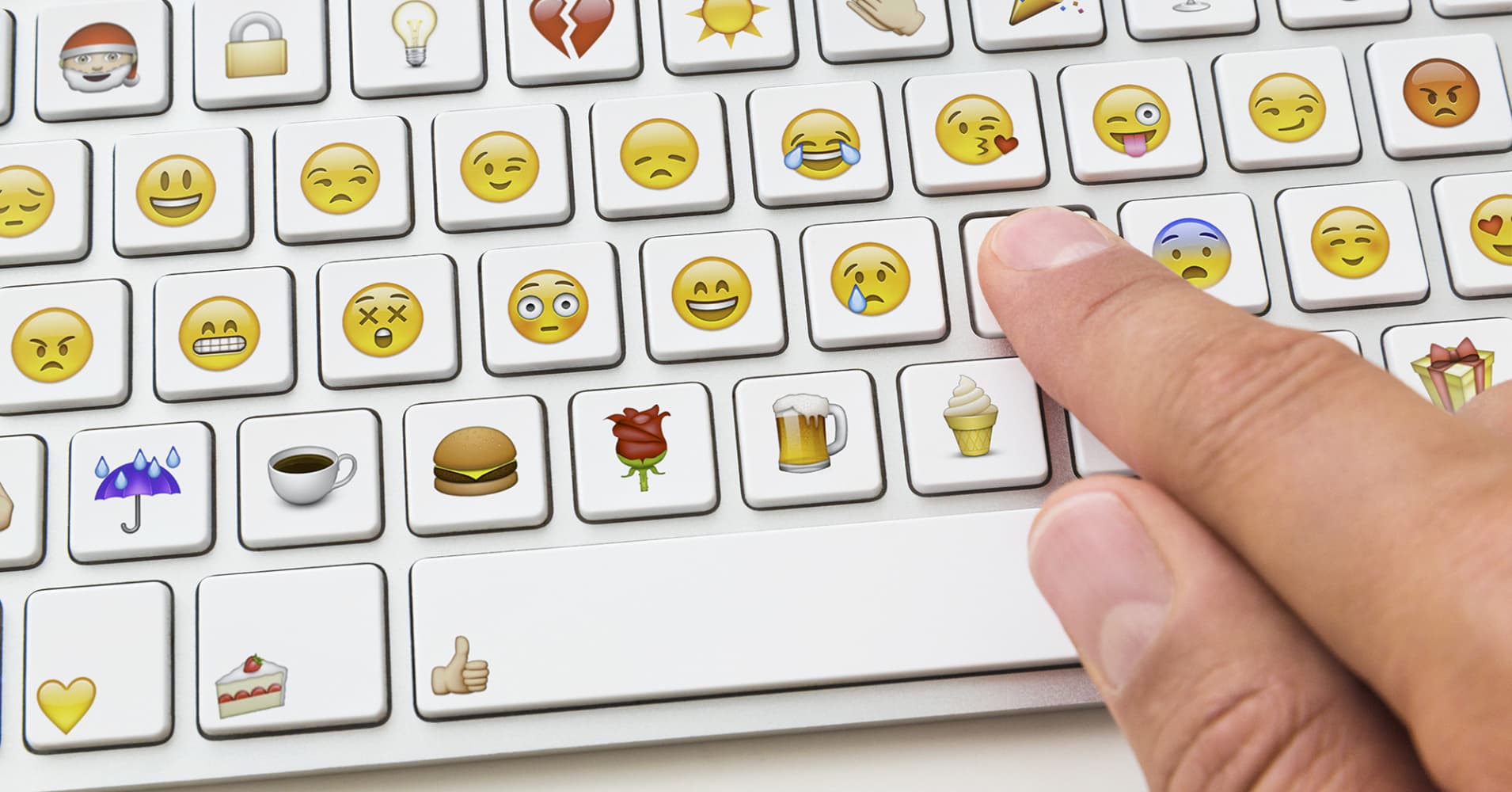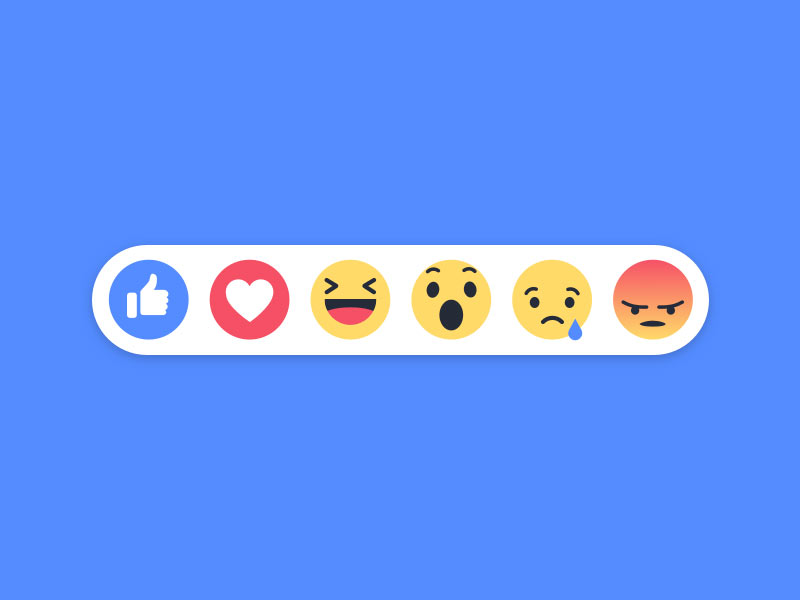Can you imagine writing a text without using a single emoji? I cannot. The message would be plain and boring without emojis.

Emojis are famous digital pictograms that are present in text messages, emails and all social media platforms. They offer unique way of expression, a vision vocabulary that is ubiquitous in all digital communications.
Emoji word comes from Japan. E stands for picture, MO means writing and JI is a letter or a character (The Straits Times, Rebecca Lynne Tan, 23/07/2017).
Inspired by Japanese visual pop culture, especially manga comics: “When someone gets an idea [in manga], they have the light bulb,” Kurita, the creator of the first-ever set of emoji explains, “and there were a lot of cases where I used those as a kind of hint and rearranged things” (The Verge, Jeff Blagdon, 04/03/2013) 2013).

It is our new body language in a digital form. However, instead of our mouth, we use our keyboards to express ourselves. What is more, emojis replace words. Could this mean that our language is shifting back towards the cave time and pictographic hieroglyphs? “Linguist Ben Zimmer doesn’t believe we are moving backward, but rather filling a void that exclamation points and question marks can’t” (Britton Marketing & Design Group, Bridget O’Reilly, 2015).

Interestingly, emojis have become a great source of data for digital platforms. Not long ago, Facebook has introduced emoji-like reactions to status updates. Very useful tool, when your friends are in discomfort situations. And when thumbs up emoji would not be appropriate. Now, you can express your affection through emoji feeling options- sad, happy, angry etc. On the other hand, this emoji feature is the key to Facebook’s users data treasure. Because, you can react in the same way to newspaper articles, brands’ videos etc. It tracks your emotions, but not because Facebook cares about your feelings. But because it learns about audiences’ behaviour and it can target you with the ads. To put it simply, Facebook is making money from our feelings.

“If you choose a particular pre-formatted emotion, piece of media, or food, Facebook could potentially use that behavior to pinpoint you with ads… and Netflix would probably love to target sad users who could be primed to stay home and watch some videos” (TechCrunch, Josh Constine, 31/01/2013).
Emoji and Brands
Brands know that consumers love emojis and therefore they are keeping up with the emoji trend. In 2015, Chevrolet wrote their entire press release in emojis and invites people to decode their message.
Even charities are using emojis in their campaigning practise. See example of Refugee Emojis, a charity that helps refugees by persuading people to download their refugee emoji keyboard to raise the awareness of the issue: “The Refugee Emojis Keyboard offers a common language for people to understand the global refugee crisis and connect around ways to help refugees worldwide.” (Refugee-emojis website)
Books are written in emojis. For example, original copy of Herman Melville’s Moby Dick was translated into Emoji Dick. Beyonce’s Drunk in Love was translated into emoji language.
Let’s see how emoji iconic feelings will evolve. Will we be able to communicate purely via emojis? Will we connect with people from different countries without the knowledge of their mother tongues using purely emoji vocabulary?
Bring it on future. I am ready!
